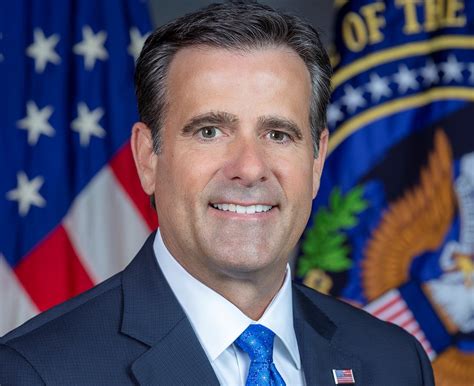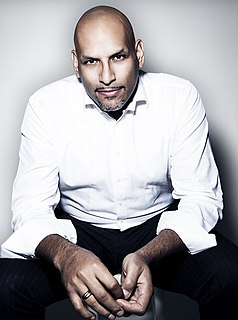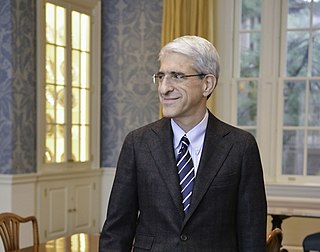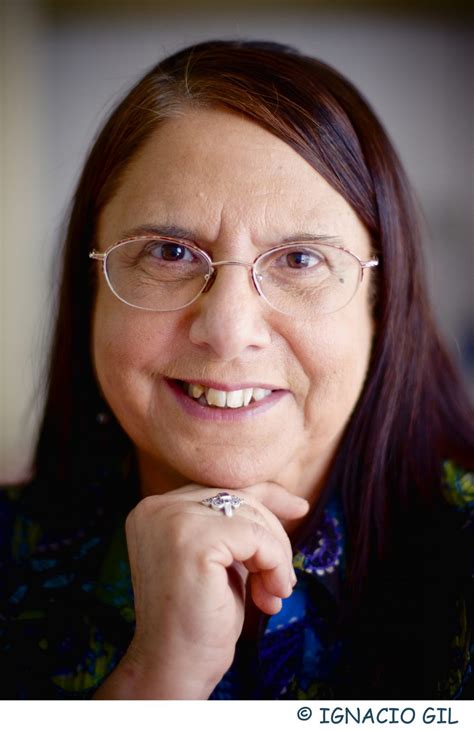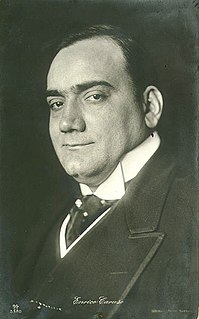A Quote by Warren G. Bennis
Emotional intelligence, more than any other factor, more than I.Q. or expertise, accounts for 85% to 90% of success at work... I.Q. is a threshold competence. You need it, but it doesn't make you a star. Emotional intelligence can.
Related Quotes
I think in the coming decade we will see well-conducted research demonstrating that emotional skills and competencies predict positive outcomes at home with one's family, in school, and at work. The real challenge is to show that emotional intelligence matters over-and-above psychological constructs that have been measured for decades like personality and IQ. I believe that emotional intelligence holds this promise.
Whatever you think about his intelligence, what's unquestionable is that Reagan had extraordinary emotional intelligence. He could sense the temperature of a room, and tell them a story and make them feel good. And that's more fun, right? It's more fun to feel good than feel bad. That's part of our human state.
Emotional intelligence in the work that we do, in the Resolving Conflict Creatively Program, is about equipping young people with the kinds of skills they need to both identify and manage their emotions, to communicate those emotions effectively, and to resolve conflict nonviolently. So it's a whole set of skills and competencies that, for us, fall under the umbrella of emotional intelligence.
Once you've created an intelligence so smart, the real job of that intelligence is to protect itself from other intelligences becoming more intelligent than it. It's just kind of like human beings. The way you look at money or the way you look at the success of your child, you always want to make sure that as far as it gets, it can protect itself and continue forward. So I think any type of intelligence, no matter what it is, is going to have this very basic principle to protect the power that it has gained.
There is a common misconception that intelligence is synonymous with IQ. "Intelligence Quotient" or IQ was originally built to predict the academic aptitude of schoolchildren, and is nothing more than a measure of the skills needed for academic success. Intelligence, however, is a much broader concept that encompasses a person's level of skill for any of a number of subjects.
Human beings have a variety of intelligences, such as cognitive intelligence, emotional intelligence, musical intelligence, kinesthetic intelligence, and so on. Most people excel in one or two of those, but do poorly in the others. This is not necessarily or even usually a bad thing; part of Integral wisdom is finding where one excels and thus where one can best offer the world one's deepest gifts.



